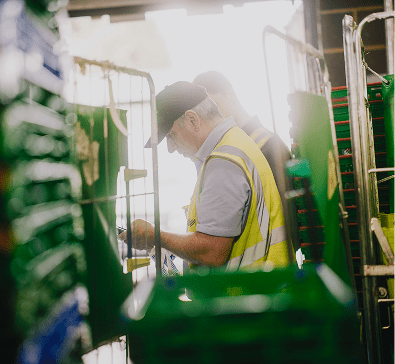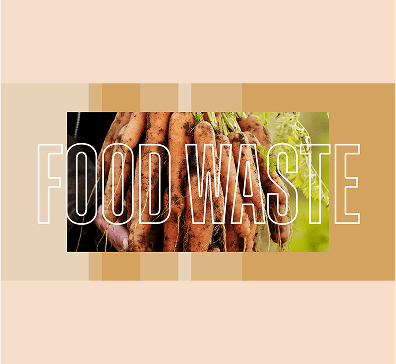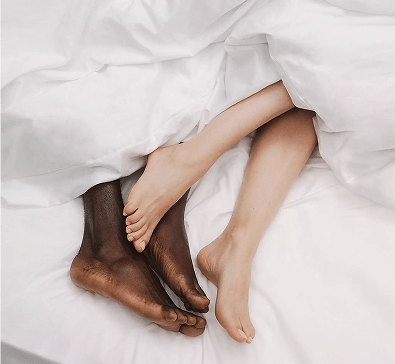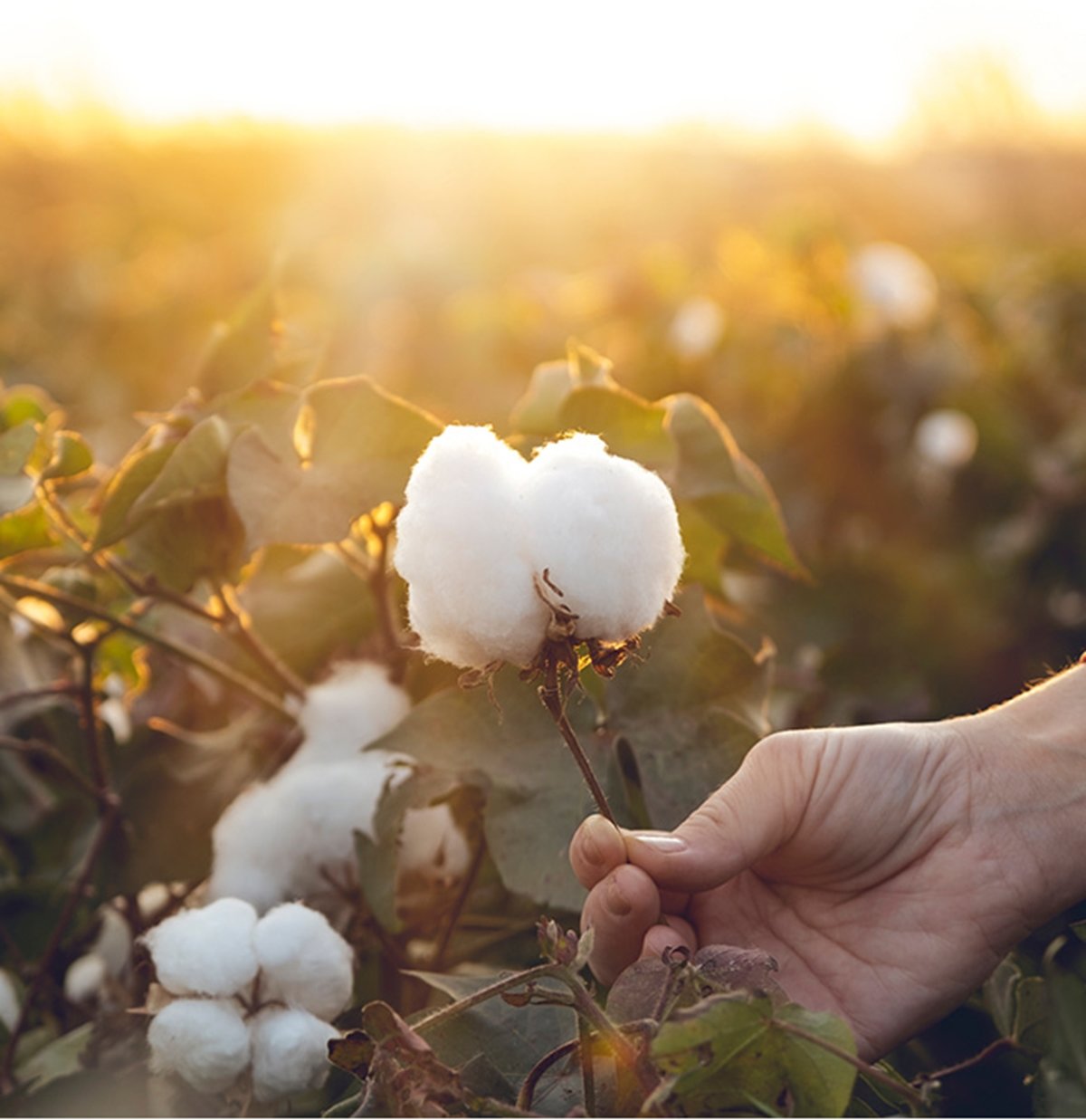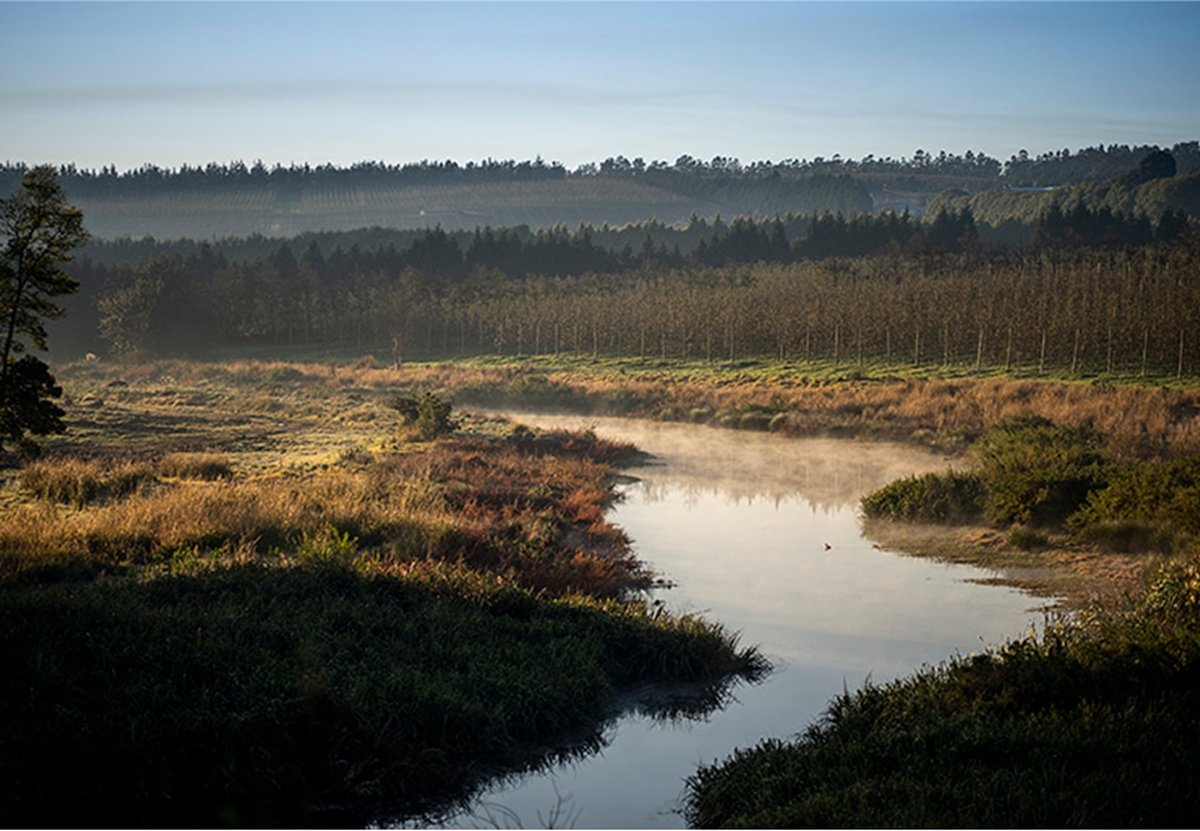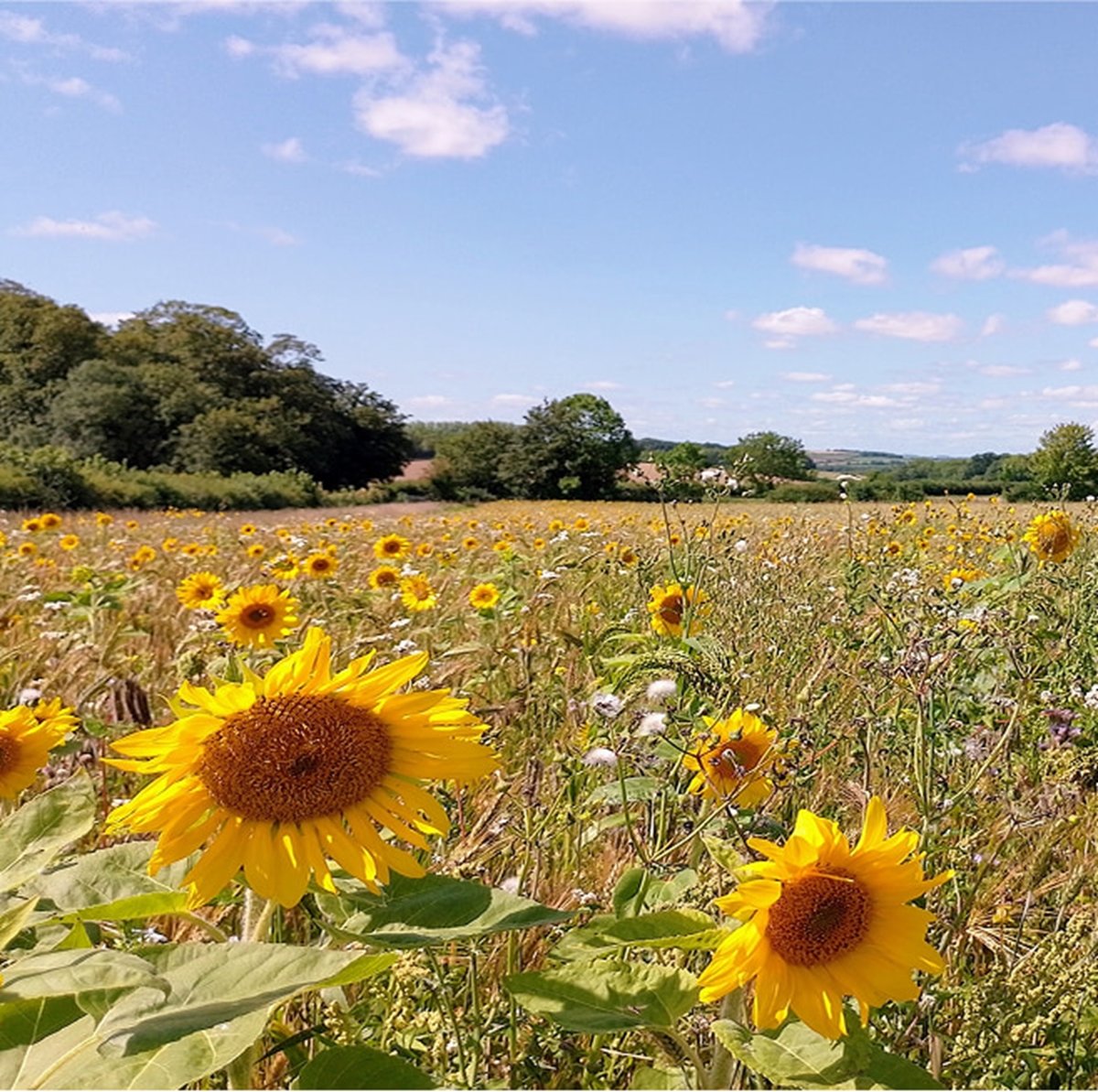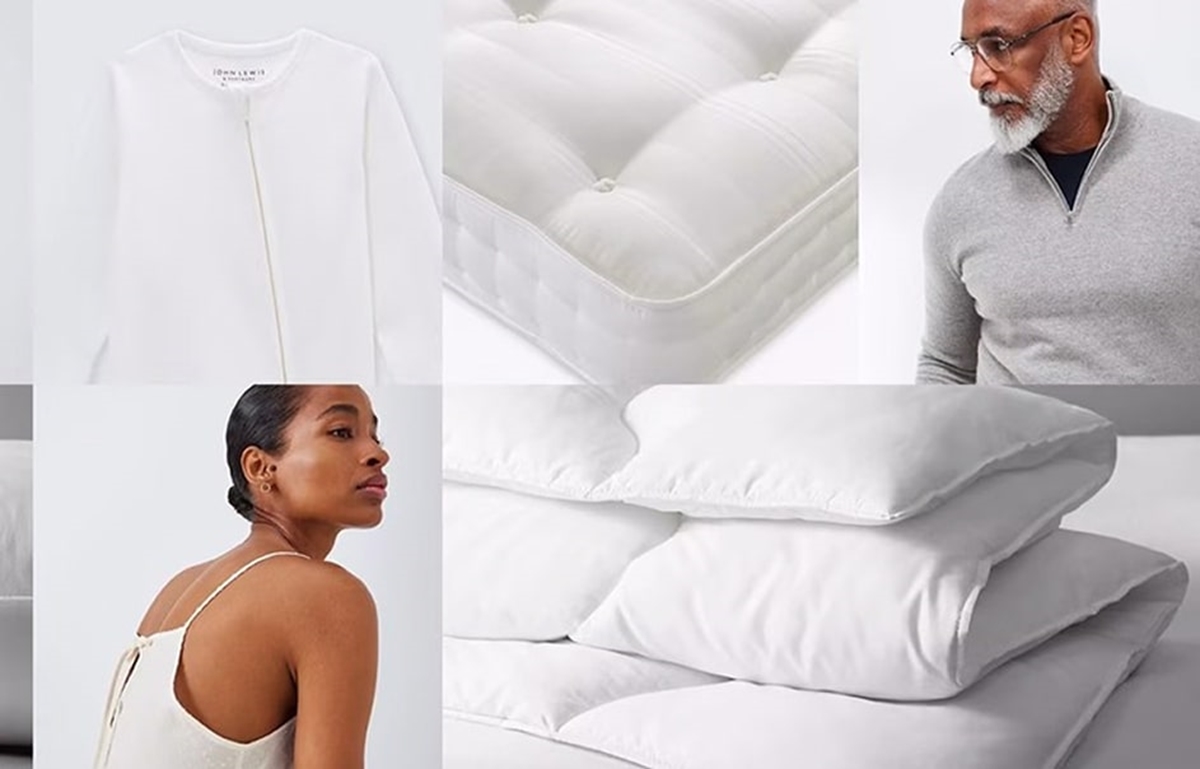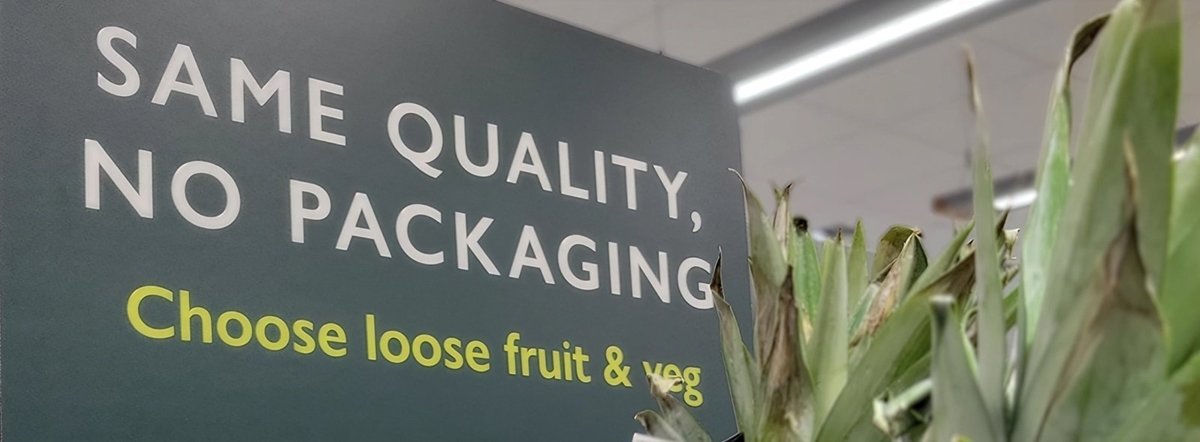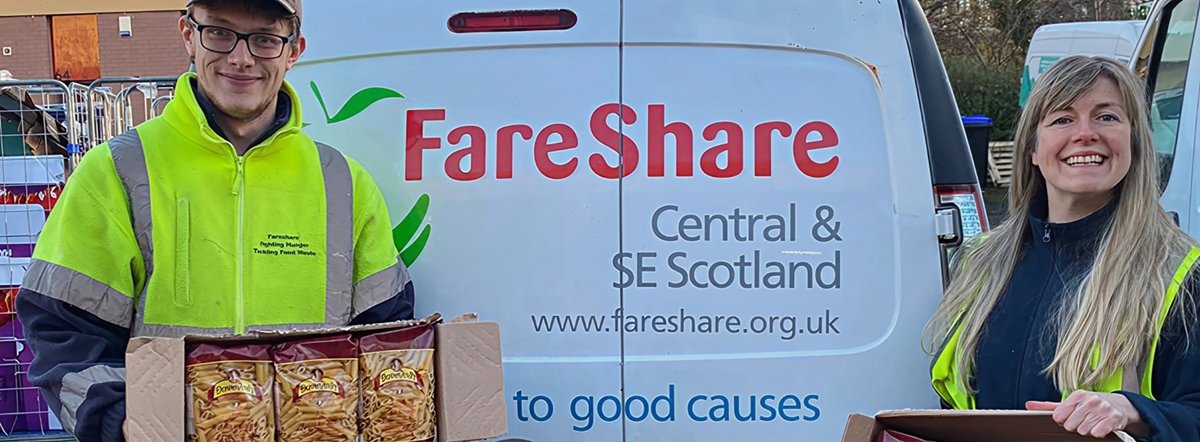To design, make and sell products that limit waste and pollution and keep materials in use for longer.
Performance highlights
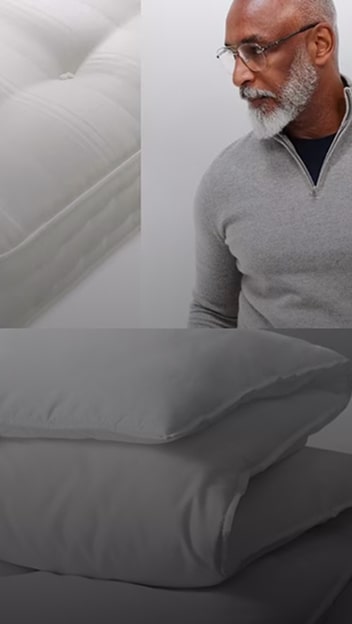
20
More circular products launched across five categories.
Circular design collection
In June 2024, John Lewis launched its first circular design collection online and in-store. With products across nightwear, babywear, men’s cashmere, mattresses and filled bedding, the collection has been produced in accordance with our three circular design principles: material choices, durability and recyclability
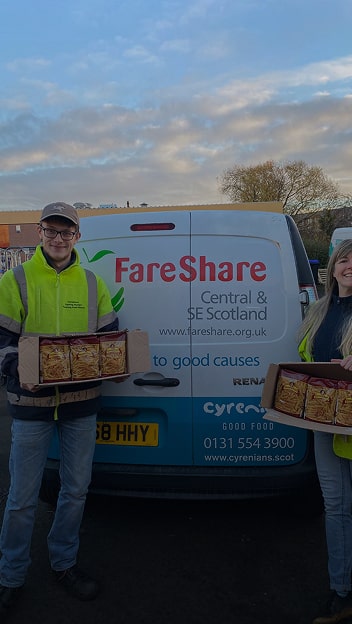
130
Tonnes of surplus pasta donated annually to FareShare.
Food waste
In collaboration with our own-brand pasta supplier, Daybreak Foods, and in support of The King's Coronation Food Project, Waitrose has begun diverting up to 130 tonnes of surplus pasta a year to FareShare. This is the equivalent of approximately 300,000 meals.

150
Pre-loved designer products available at johnlewis.com
Circular business models
Luxury pre-loved fashion brand Sign of the Times has launched a range of pre-loved handbags on johnlewis.com, making up to 150 pre-loved designer products available through our website. May 2024 saw us expand our fashion rental offering to menswear, creating the biggest multi-brand menswear rental platform amongst major UK retailers.
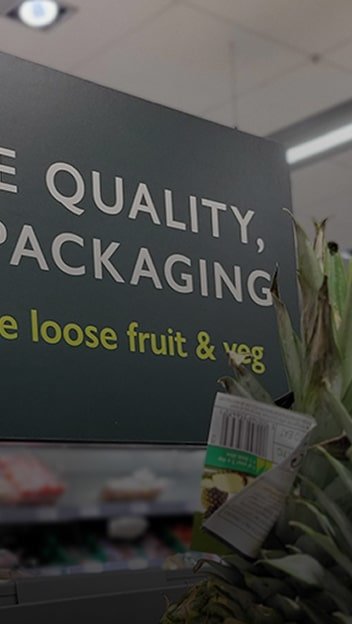
96.7%
Of Waitrose and 95% of John Lewis primary product packaging is recyclable or reusable.
Waitrose packaging
In last year’s report, we committed to setting a target for packaging reduction. We have since developed a Waitrose packaging strategy, which will take into consideration WRAP’s revised UK Plastics Pact targets when they are released. Unnecessary packaging components will be removed where there is no negative impact on food waste and we will have a reuse target to replace 20 million units of single-use packaging components with reusable alternatives by 2030
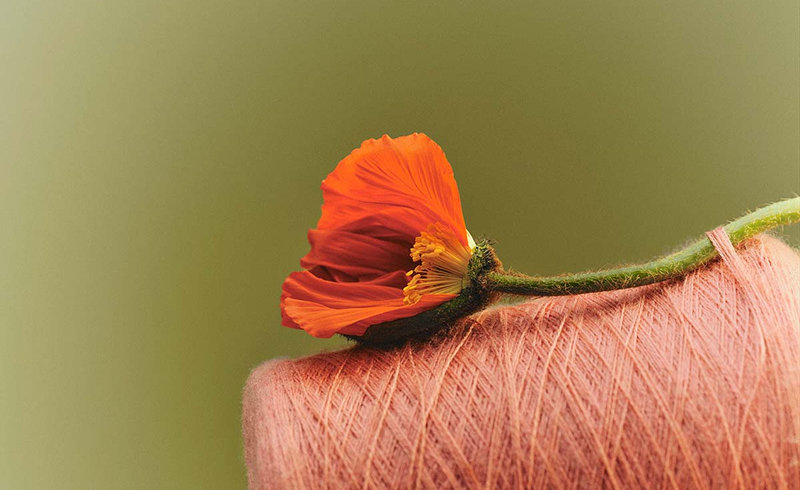
Our approach to circularity and waste
As well as innovating to tackle waste in our own operations, online offerings and in-store service propositions, we’re addressing this issue across our product and packaging supply chains, too. We also strive to raise awareness of waste and circularity among our customers, as we continue to advocate for and lead industry-wide change.
By confronting these challenges today, we aim to limit our contribution to biodiversity loss, food scarcity and a rapidly changing climate, both now and for the future.
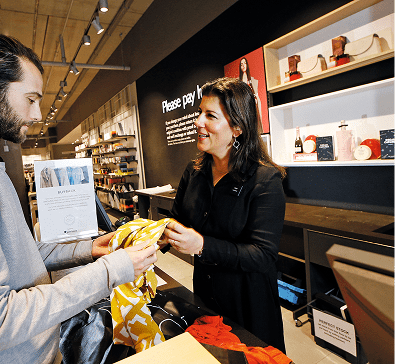
Buy Back
Offer a buy or take-back option for all John Lewis product categories by 2025
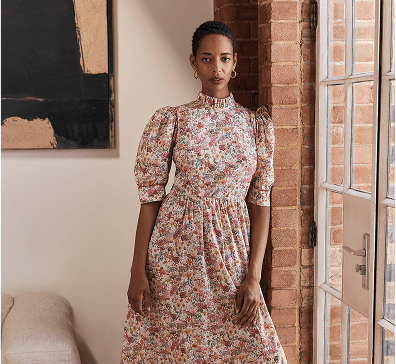
Sustainable Rental & Resale
Develop sustainable rental and resale options for customers
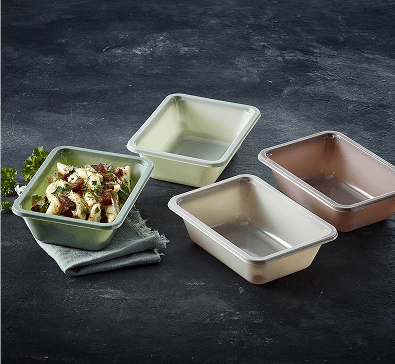
Recyclable Packaging
Reduce and make easily recyclable or reusable all own-brand primary product packaging by 2025



